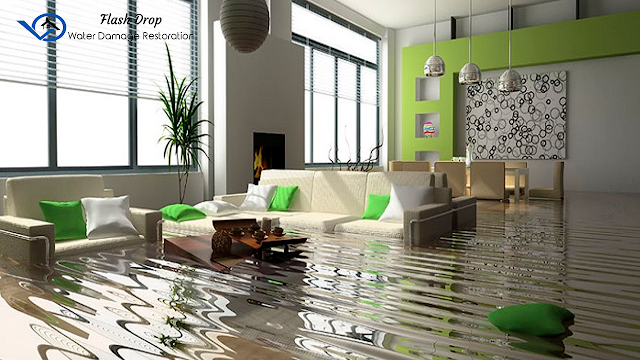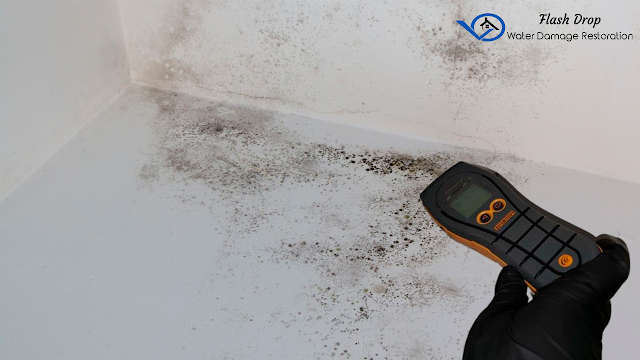Common Mistakes to Avoid During Mold Removal
Mold is a common problem in homes and buildings, and when faced with a mold infestation, it's important to approach removal with care and precision. Making mistakes during mold removal can lead to health hazards, property damage, and the recurrence of mold growth. In this article, we'll highlight some common mistakes to avoid during mold removal to ensure a safe and effective process.
- Neglecting Personal Protective Equipment (PPE)
One of the most critical mistakes is failing to use appropriate Personal Protective Equipment (PPE). PPE includes gloves, a mask, goggles, and protective clothing. Neglecting to wear this gear can expose you to mold spores and mycotoxins, which can have adverse health effects.
- Inadequate Containment
Improper containment is a significant mistake. When removing mold, it's crucial to seal off the affected area to prevent spores from spreading to other parts of your home. Use plastic sheeting, tape, and an airlock to establish a containment barrier.
- Not Identifying the Source of Moisture
Mold needs moisture to thrive. Removing mold without addressing the source of moisture is a futile effort. Identify and rectify the moisture issue, whether it's a leaky roof, plumbing problem, or high humidity, to prevent mold from returning.
- Using Bleach for Removal
Bleach is often wrongly considered an effective mold removal solution. It may lighten the appearance of mold temporarily, but it doesn't eliminate the root cause. In fact, using bleach can exacerbate the problem by adding moisture to the area, potentially encouraging more mold growth.
- Overlooking Hidden Mold
Mold often hides in concealed spaces like wall cavities, behind baseboards, and in the attic or crawlspace. Failing to inspect these hidden areas can result in incomplete removal, allowing mold to return.
- DIY Remediation for Extensive Mold Problems
Attempting to remove extensive mold infestations as a DIY project is risky. Professional remediation is recommended for large-scale mold problems. Certified mold removal experts have the training and equipment necessary for safe and effective mold removal.
- Disposing of Moldy Materials Incorrectly
Disposing of materials contaminated with mold incorrectly can lead to further contamination. Seal moldy materials in plastic bags or wrap them in plastic sheeting before disposal. Follow local regulations for proper disposal.
- Inadequate Ventilation
During mold removal, proper ventilation is essential to prevent the inhalation of mold spores. Failing to ventilate the area can lead to exposure and potential health issues. Use fans, open windows, and employ air purifiers as necessary.
- Reusing Contaminated Materials
Reusing materials such as drywall or insulation that have been contaminated by mold is a mistake. Mold can penetrate these materials, making it nearly impossible to completely remove it. It's best to replace such materials during remediation.
- Skipping Post-Removal Testing
After mold removal, it's important to conduct post-removal testing to ensure that the area is free of mold spores. Skipping this step can lead to undetected mold issues and future infestations.
Conclusion
Mold removal is a complex process that requires careful planning and execution. Avoiding common mistakes is crucial for a successful remediation effort. If you're dealing with a significant mold problem, it's advisable to consult with professional mold remediation specialists who have the expertise, equipment, and training to ensure safe and effective removal. Prioritizing safety and thoroughness in the mold removal process is key to maintaining a healthy and mold-free living environment.
Find Flash Drop Water Damage Restoration & Mold Removal
Flash Drop Water Damage Restoration & Mold Removal
16602 Barneston St, Granada Hills, CA 91344
7GM4+PP Granada Hills, Los Angeles, CA
1 (818) 572 4070




Comments
Post a Comment